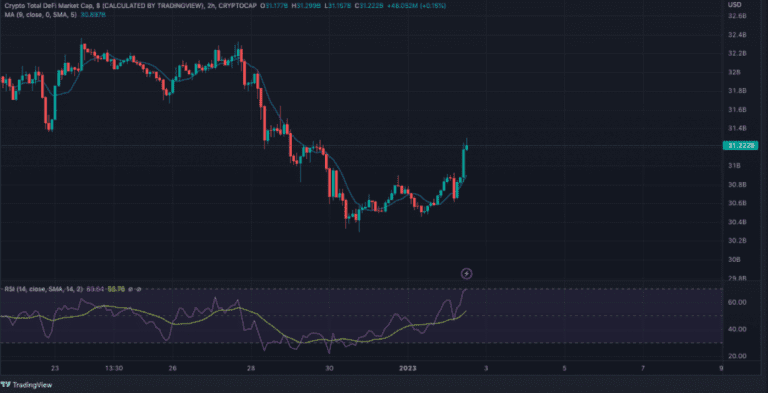The director general of the International Monetary Fund (IMF), Kristalina Georgieva, predicted that a third of the economies should go through trouble in 2023, with a great global recession that should eliminate wealth. The speech took place during the program “Face the Nation with Margaret Brennan”, promoted by CBS News, presented last Sunday (1). One of the culprits for the short-term problem continues to be Covid-19, a pandemic that is rekindling in China, a large economy that does not seem to show strength as before. For Georgieva, in the short term the news is bad.
“In the short term, bad news.”
According to her, the sign that China grew in 2022 less than the average of other countries is new in the last 40 years, a worrying sign for the global economy.
Table of Contents
“Global recession in 2023 should be real in a third of economies”, says IMF director
The forecasts shared by the Director-General of the IMF remain worrying at the beginning of the year, as emerging economies tend to suffer more. During her speech to CBS, Kristalina Georgieva recalled that China’s failure to grow has a direct impact on its region in Asia. Consequently, the world must feel the effects of the problems.
“When we close a big city or a big port, the repercussions on the economy are big. We expect China to return to growth in the coming months. Before, China delivered up to 40% of global growth, but that doesn’t happen anymore. Many Asian leaders tell me ask what should happen to China.”
IMF does not want a poorer and more insecure world, says director general
The IMF director also commented on her view that the world is becoming a poorer and less secure place with global tensions. One of the reasons would be the dispute between the US and China, which could make the situation worse. According to her, global cooperation over the past three decades has brought benefits to the world. Emerging economies quadrupled their strength, while developed countries doubled their growth. The focus was on cost, with countries wanting to focus on making products and services cheaper. But with COVID and war, the world is at risk of becoming poorer and more insecure, a scenario the IMF does not want to happen. The solution, according to Kristalina Georgieva, must continue with countries getting closer to supply chains, but not barring other regions, under the risk of creating new economic blocs that could affect global growth.
“Central Banks Can’t Believe Inflation Is Over”
The world’s growth has been falling since 2021 and inflation remains one of the villains across the globe. Thus, the director general of the IMF recalls that central banks still cannot relax in the fight against the problem. This is because such an attitude could lead to a more persistent inflation scenario. If inflation starts to really fall, then the fight against the problem can be relaxed, said Kristalina. In addition, the IMF advice is that countries focus on taxation to get enough revenue to get out of the crisis.
Cryptocurrencies may feel impacts of world problems
It is noteworthy that the global economy affects the cryptocurrency market in recent years, as well as central bank policies, even with technology having its autonomy. That way, if the economy loses a lot of strength as predicted by the IMF, investors can retreat in their positions, affecting prices at brokerages. In the case of bitcoin, many fans believe that it can be a tool to combat inflation, as it has deflationary mechanisms defined in its own technology.

